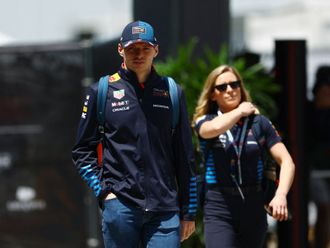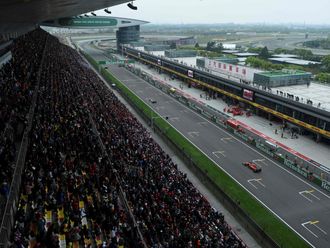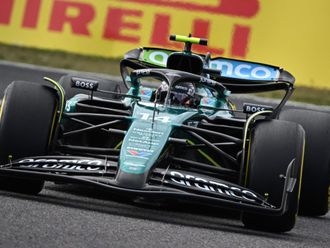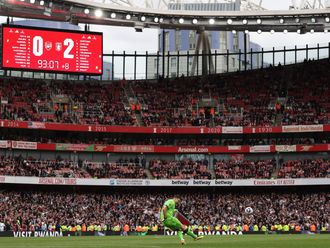Nobody outside a Formula One team’s network knows what goes on behind the closed doors of HQ when the top secret plans and race strategies are thrashed out and drawn up in the anxiety to win grands prix and, of course, the world Formula One championship.
But you can be sure, despite all the denials, there will be a basis of team orders as an insurance against any clumsily muddled effort in the heat and melee of the wheel-to-wheel action.
Team chiefs have a mantra of dismissive response when suggestions are put to them that their drivers are playing to the rules set by the strategists back stage.
And that is almost laughable.
As to why they bother to make the denials I, and just about everybody else on the fringes of F1, cannot fathom.
Maybe they wrongly believe it is a case of race fixing and, therefore, an undesirable element. Not so.
Overwhelming evidence has amassed over countless seasons and is clear to see yet again this time in the title chase with both Ferrari and Mercedes, currently one and two in the championship, with Red Bull, too, practising team orders.
Personally, I see absolutely no problem in a team giving its drivers strict instructions on where and how they finish if it is in their power to be ahead of their rivals.
The bottom line is a target of success for the brand — and the spin off is universal recognition and vast fortunes for the drivers.
Little wonder, for their mind-boggling rewards, the drivers, with only a tiny handful of exceptions, readily accept their bosses’ unequivocal direction on where, concerning each other, they should finish.
While their own leaders deny there are any team orders both Lewis Hamilton and Sebastian Vettel, both recent benefactors of the edict, have cross-accused the opposition of utilising team orders to swing a Grand Prix in their favour.
In each case the “number two” driver — though he is never dubbed as such — has either been forced to surrender his advantage to let in the “number one” or stay in place to thwart as best he can a threat to the team’s preferred front-runner.
Why on earth teams will not admit, too, that they do have preference drivers, no doubt written into their contracts, I cannot imagine.
Instead they publicly insist their drivers are free to race. What a laugh!
How come then Monaco GP leader, an angered and disappointed Kimi Raikkonen was ordered into the pits sooner than the norm and Vettel was able to move ahead for a win.
Then, in another classic case of a team orders race, we had Valterri Bottas instructed to set himself up as a slow-moving barrier to the pursuers of Mercedes teammate Hamilton.
“It was my job,” said Bottas, the Mercedes newcomer, ”I was doing everything I could to keep Vettel behind and make him lose time as Lewis pulled clear.”
Hamilton stresses, without admitting he is the team‘s preferred number one, that: ”We have to work as a team. We have no number one here. We work as a team — but only in special circumstances. We have to win as a team — not for ourselves as individual drivers. That, more than ever, is the case right now as Ferrari start to pull clear in the championship.”
Title pace maker Vettel, dreaming of a fifth world crown, scoffs: “Team orders? That’s a laugh.”
I would bet my bottom dollar that deadpan Raikkonen, back on Pole for the first time in 127 GPs and looking for his first win in four years, forced to surrender his advantage in Monaco, would have a completely different view.
But he, like all the other understudies, will have to get used to being in the shadows of the superstars favoured as winners by their hierarchy.












